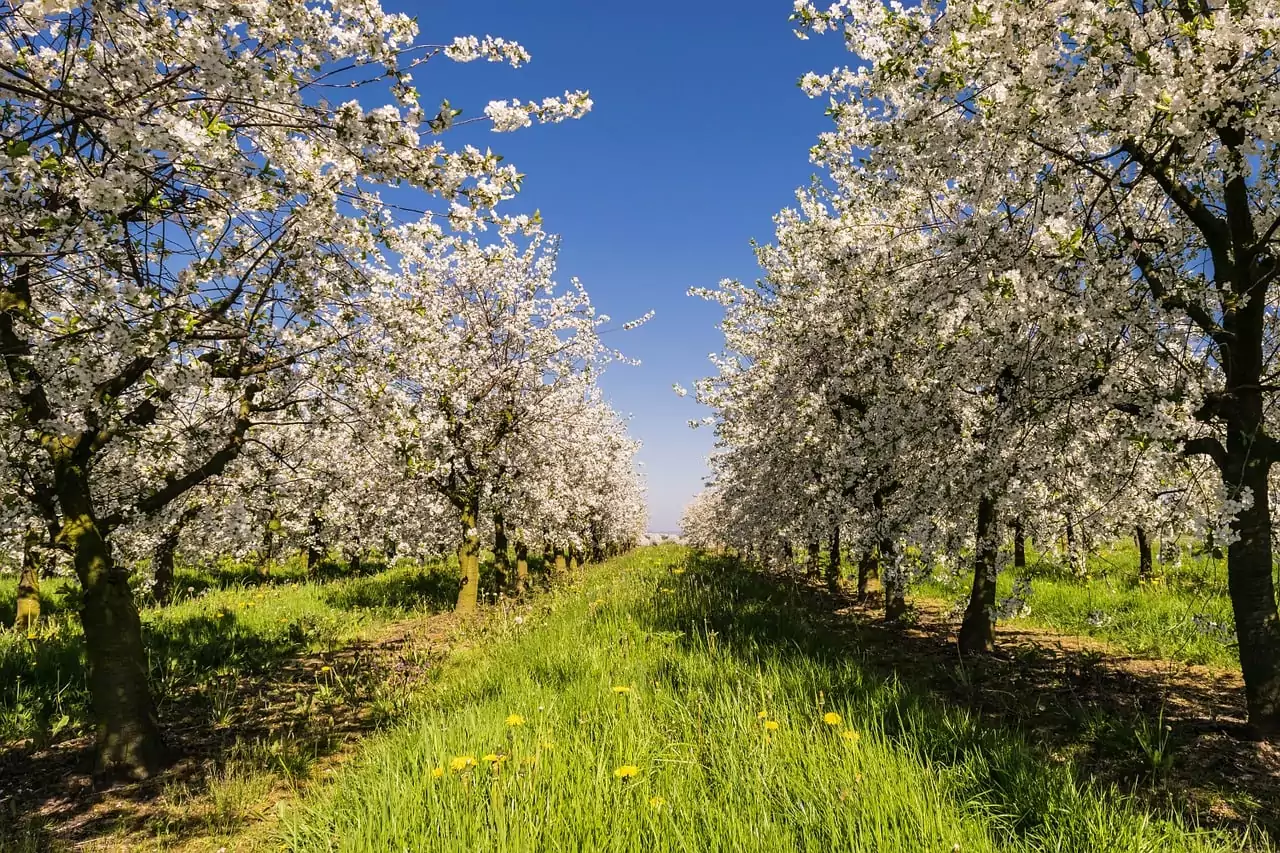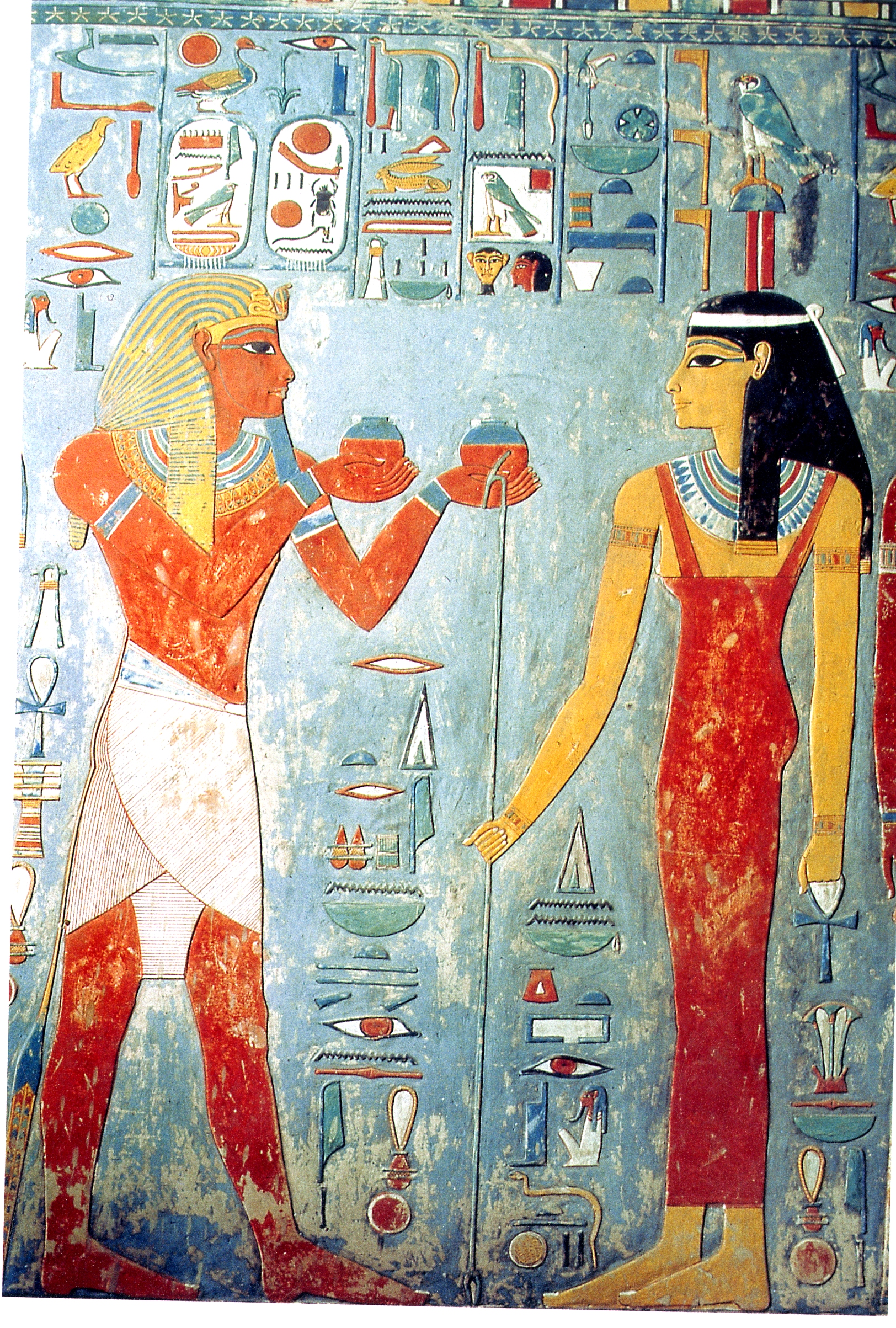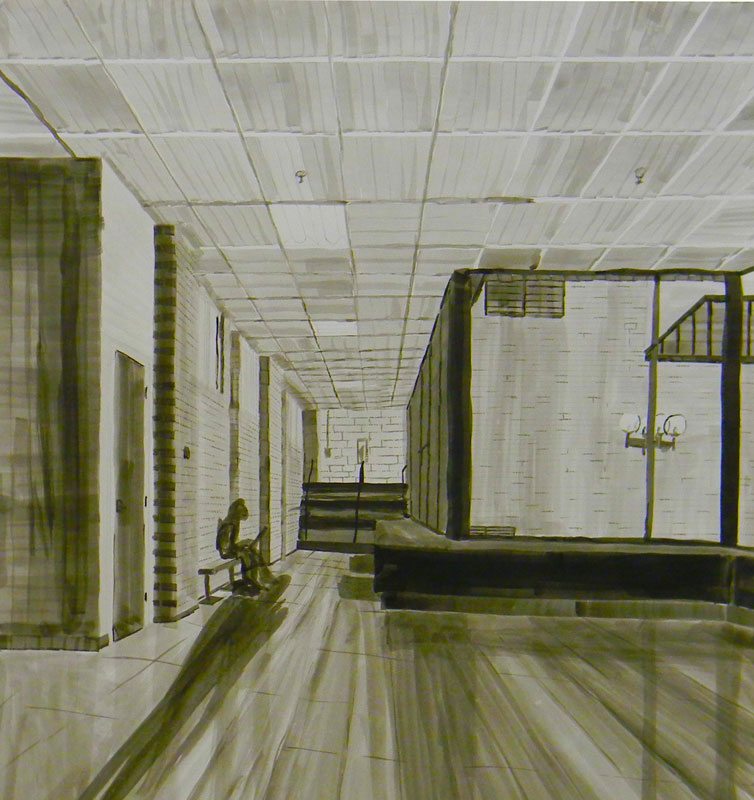In 1947, India embarked upon one of the world’s most ambitious experiments in postcolonial democracy. This course surveys the history of the Indian state and society in the decades following the formal end of colonial rule, as the country sought to rebuild its economy, institute a new political system, and usher in large-scale social change. Given India’s immense cultural and social diversity, this was no easy task. It required answering a range of questions: How would the state ensure the rights of the country’s minorities? How would the country’s model of economic growth address wide-ranging demands for social equality? Which of India’s many languages would be designated its official language? Underlying all these questions were debates concerning the history, present, and future of Indian society.
In this course, we will consider postcolonial India from its “margins”, that is, by centering the perspectives of migrant workers, Dalits, women, and/or revolutionaries. We will use the ideas and practices crafted by these groups as our guides in assessing the political record of the Indian state.
While surveying this history, we will also study recent shifts and challenges confronting Indian democracy. Today, India is one of the fastest growing economies; it is also a country with some of the most extreme forms of social inequality. According to a recent report by Oxfam, 10% of the Indian population holds 77% of the country’s national wealth. However, reports of social inequality in India, such as the one cited above, exist alongside celebrations of its status as the “world’s largest democracy” in the national press and in global media. Considering this, what does it mean to call India a “democracy”? How do we assess the successes and failures of Indian democracy?
The challenges we will discuss are not unique to Indian democracy. Democracies everywhere struggle to balance the claims of freedom for individuals with the promise of social equality for all. India’s paradoxical, complex, and contradictory encounter with democracy has produced a rich archive of debate and contestation on this issue. This course will not only introduce you to key events, ideas, and issues shaping postcolonial Indian history, but also provide you with conceptual resources to investigate political ideas like democracy in a global, historical perspective.
Through a combination of secondary texts and a range of primary sources from postcolonial Indian history, we will develop a complex picture of the relationship, often contradictory, between the promises of democracy, development, and decolonization in postcolonial societies. You do not require any prior knowledge of Indian history or languages for this course.






